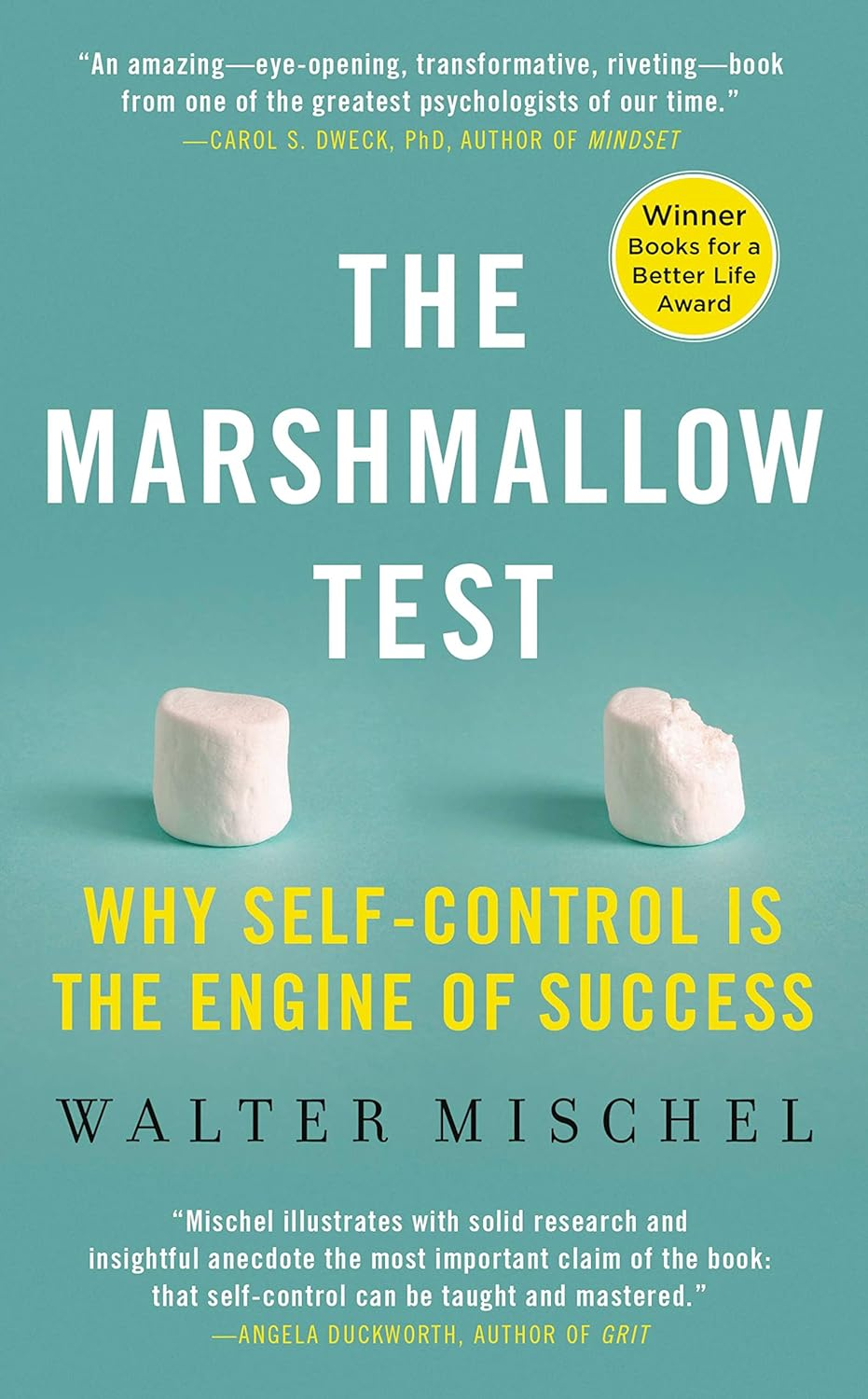← The Marshmallow Test Mastering Self Control
The Marshmallow Test Part 2. From Marshmallows in Pre-k to Money in 401(k)
Author: Walter Mischel Publisher: New York, NY: Little, Brown and Company. Publish Date: 2014-9 Review Date: Status:💥
Annotations
97
To begin with, the hot system deserves to be appreciated, listened to, and learned from. It gives us the emotions and zest that make life worth living and allows automatic judgments and decisions that work well some of the time. But the hot system has its costs: it effortlessly makes quick judgments that feel right intuitively but are often dead wrong. It can save your life by getting you to hit the car brakes in time to avoid a collision or to duck for cover when you hear a gunshot nearby, but it can also get you into trouble. It can cause well-intentioned policemen to shoot too quickly at innocent but suspicious-looking strangers in dark alleys, drive loving couples apart with jealousy and mistrust, or lead overconfident high achievers to wreck their lives with impulsive greed or fear-driven decisions. And its excesses—the temptations it dangles that one can’t resist, the fears it too vividly creates, the stereotypes it triggers from minimal information, and the conclusions and decisions it pushes us to make too quickly—can be hazardous to health, wealth, and well-being. Part II explores some of these risks and possible ways to control them and perhaps even learn from them.
97
Natural selection shaped the hot system to enable survival and the spread of human DNA in a tough Darwinian world, but much later in the course of evolution, it also created the cool system. The cool system gives humans the ability to behave intelligently, with imagination, empathy, foresight, and sometimes even wisdom. It allows us to reappraise and reconstrue the meaning of events, situations, people, and our lives. The ability to think in constructive, alternative ways can change the impact of stimuli and life events on what we feel, think, and do, as the preschoolers in Part I demonstrated. Therein lies the potential for being purposeful agents of our actions, for taking charge, for exerting control, and for influencing how life plays out.
98
The mental mechanisms that enable self-control in the face of temptation also play a crucial role in efforts to regulate and cool down painful emotions, like heartbreak and interpersonal rejection. These mechanisms are supported by the psychological immune system, which works ingeniously to protect self-regard, reduce stress, and make most of us feel good—or at least not bad—much of the time. It usually lets us see ourselves through rose-colored glasses, which keeps depression at bay. Removing those glasses increases the risk for depression. Wearing them all the time leads to illusory optimism and excessive risk taking. If we use the cool system to monitor and correct the distortions from the rose-colored glasses, perhaps we can avoid hubris and some of the hazards of overconfidence. We can benefit from the psychological immunities that protect us from feeling terrible, that help us develop a sense of agency and efficacy in our lives, and that enable optimistic expectations that in turn reduce stress and sustain mental and physical health. I look at how these processes play out, and how they can be harnessed by the cool system to enhance our lives.
